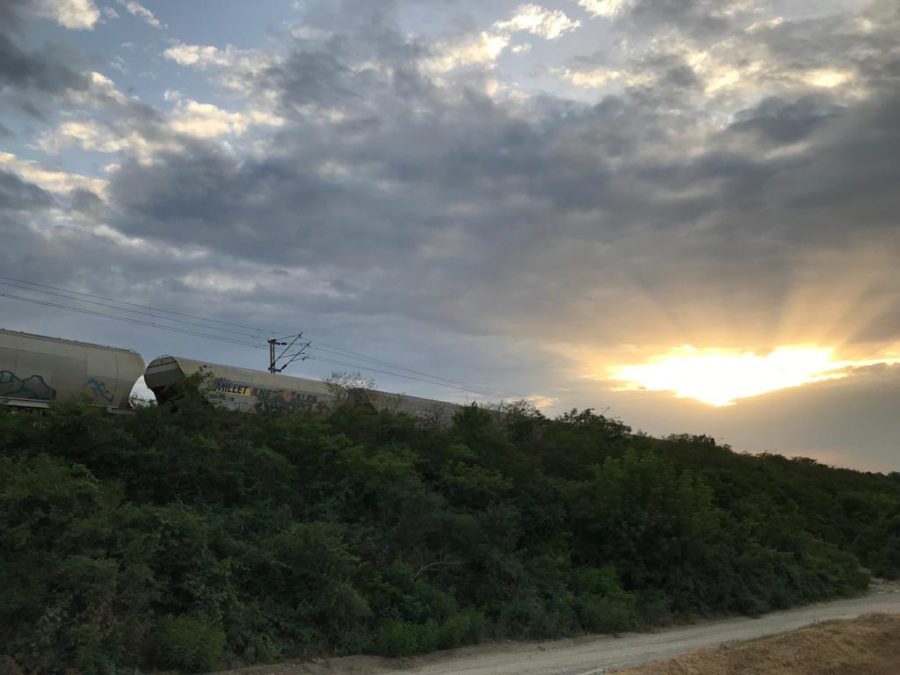The numbers are growing. Some 13 million people have fled their homes in Ukraine since the Russian invasion. More than 5 million are still outside the country. Over 6 million people remain displaced within Ukraine. These are ordinary people, children and adults, citizens of a European country that is a close friend and ally of both Serbia and the UK. A few months ago they were going about their daily lives but they now face an uncertain and frightening future.
The figures are shocking. But an even bigger number is looming. The consequences of this pointless conflict reach far beyond Ukraine’s borders and shores. Millions of people around the world could face hunger as a direct result of the disruption to agricultural production and food supplies.
Until Russia’s invasion in February, Ukraine was one of the largest exporters of grains and vegetable oils, exporting grain to feed hundreds of millions of people worldwide. Since then, prices have risen sharply and supply chains have been seriously disrupted. The Kremlin is shelling civilian infrastructure including farms, and blockading ports, preventing Ukraine from exporting most of its produce.
A report for the UN Secretary General has warned of an unprecedented wave of hunger and destitution. The World Food Programme estimates that the number of people facing acute food insecurity this year could increase by 44 million due to the conflict.
The success of UN efforts to restart grain export and open commercial shipping routes will be critical.
Ukraine is a sovereign independent state, as recognised by Russia. In accordance with international law and commitments it has the right to defend itself and determine its own future. It has the right to choose its own leaders and alliances. Its people are entitled to to human rights and fundamental freedoms.
No number of dubious analogies with Peter the Great or re-inventions of history can justify this unprovoked attack. Churches, schools, hospitals, home, war memorials – nothing is sacred nor safe. This scale of death, destruction and displacement in 21st century Europe is unimaginable.
No-one should be fooled by Moscow’s ever shifting narrative. There was never any military threat to Russia, never any ‘neo-Nazi regime’ in Kyiv, never any threat ‘of genocide’ against Russian speakers. Putin ordered this war in pursuit of an anachronistic ambition of imperial expansion and the destruction of a national identity that is no threat to Russia. It has become plain that his aim is to wipe a country of 48 million people off the map.
The people of Ukraine belong on that map and have the right to stay there. They deserve and need help. That is why countries, including the UK and Serbia, and citizens worldwide have pledged billions in humanitarian and economic support.
But the only way the people of Ukraine can return safely to their homes and start to rebuild their lives, their country and their children’s future will be an end to Moscow’s invasion..
That is why so many countries, including the vast majority of European states, have acted to cut off sources of finance and support for the Kremlin war machine, including through sanctions and travel restrictions.
We hope that Serbia will join us. Russia’s actions serve no interests other than the narrow ambitions of one man.
This article first appeared in Serbian daily Kurir on 3 July 2022.

